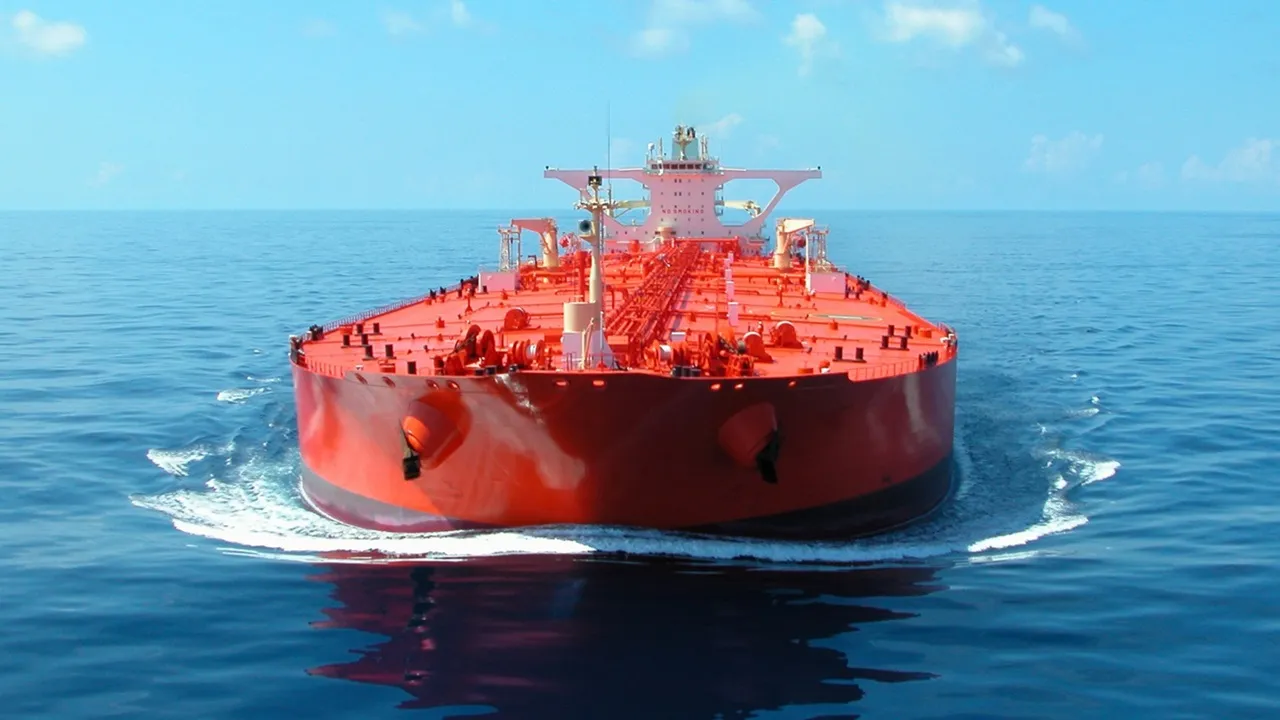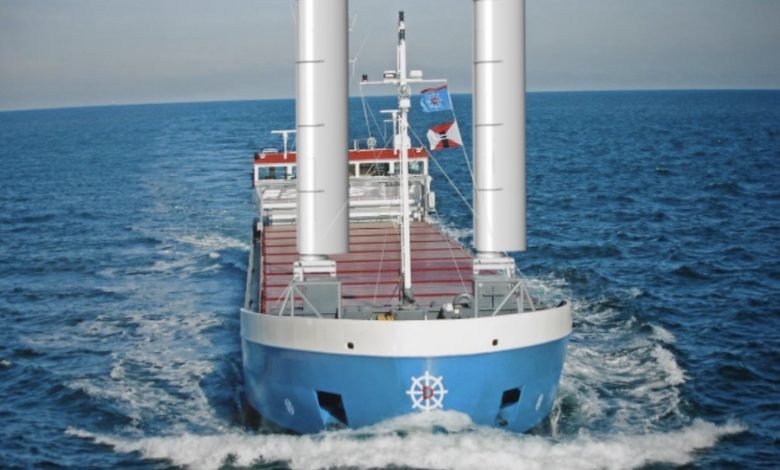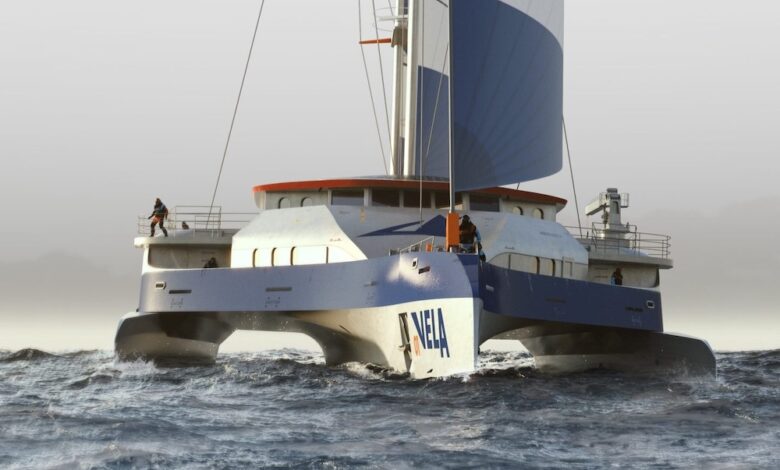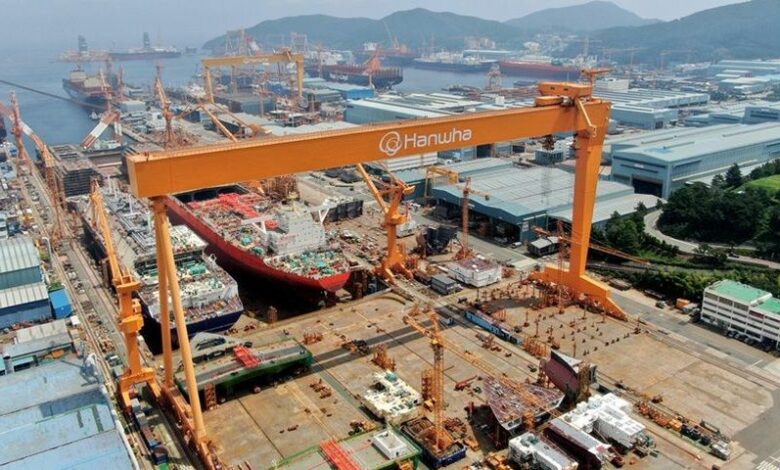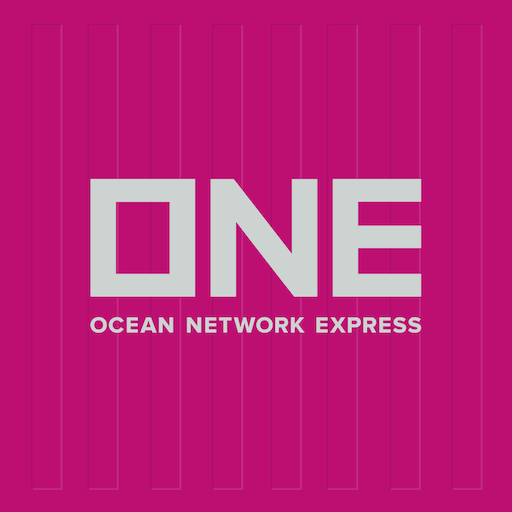Seatrade Maritime: VLCC deals hit $100,000, tanker owners upbeat on Q4
Steadily rising tanker rates during August were superseded last week by a strong surge, taking a handful of VLCC fixtures into six figures.
Tanker owners are bullish about market prospects for the balance of the year amid strong OPEC exports and a possible tightening of sanctions in the week ahead.
The Baltic Exchange pitched its VLCC assessment at close to $72,000 on Friday but several fixtures were reported at more than $100,000. Rates have risen sharply to east and west, with voyages from the Middle East to China close to $75,000.
The sharp rise in rates follows several weeks of firmer deals. OPEC’s latest Monthly Oil Market Report released last week indicated Suezmax rates up by more than a third during August with VLCCs about 20% higher on Middle East trades. Aframax owners also benefited on some key routes.
Brokers are optimistic for the final quarter of the year. The end of the hottest months in the Middle East, they point out, means higher export volumes. Rising OPEC quotas with more increases expected from October is a also a boost, and tightening sanctions cited by New York-based broker Poten & Partners could be another positive.
The lack of progress following the much-heralded Alaska meeting between President Trump and President Putin is a significant frustration for the seven G7 members – Canada, France, Germany, Italy, Japan, UK and US – with some now calling for a tightening of sanctions. The US is now calling on fellow G7 members to impose secondary tariffs of 50-100% on China and India, so long as they continue to buy Russian oil, Poten said.
Related:Hafnia sees benefit in Torm merger talks
The broker also noted a tightening on the treatment of Russia’s frozen assets. The US would like to see the creation of a legal pathway for the seizing of immobilised Russian sovereign assets, with proceeds directed to support Ukraine’s defences.
The EU issued its 18th, and most recent, sanctions package in mid-July. This imposes more restrictions on Russian energy, lowers the oil price for Russian crude from $60 to $47.6 per barrel, freezes more assets, and increases trade restrictions.
However, a key element of the tighter package was the ban on importing refined products made from Russian crude even if delivered by a third country. The UK, meanwhile, has added another 70 ships to its list of dark fleet tankers, Poten said.
The broker points out that new measures are being considered by the G7 countries; if strictly enforced, this will create significant pressure on India and China to reduce their purchases of Russian oil. However, following the recent high-profile Shanghai Cooperation Organization summit, the leaders of China, India and Russia demonstrated a show of solidarity against western moves to limit Russian oil exports.
Related Posts

